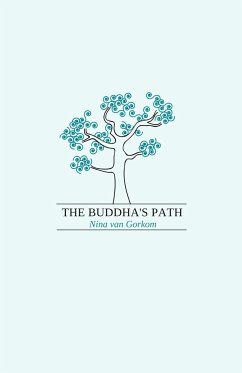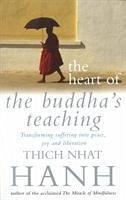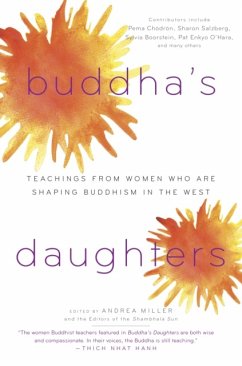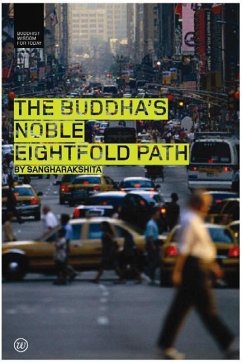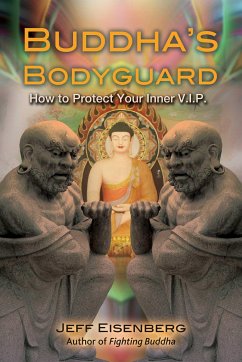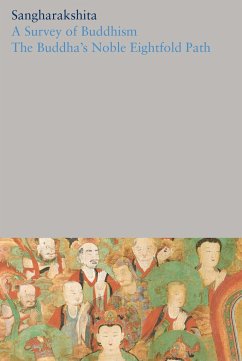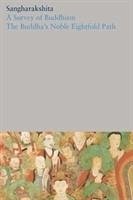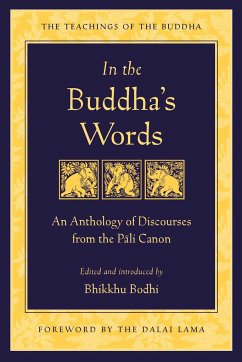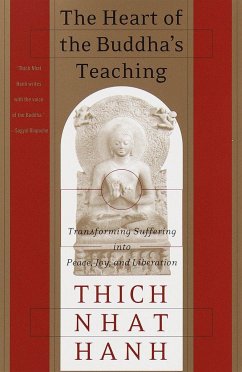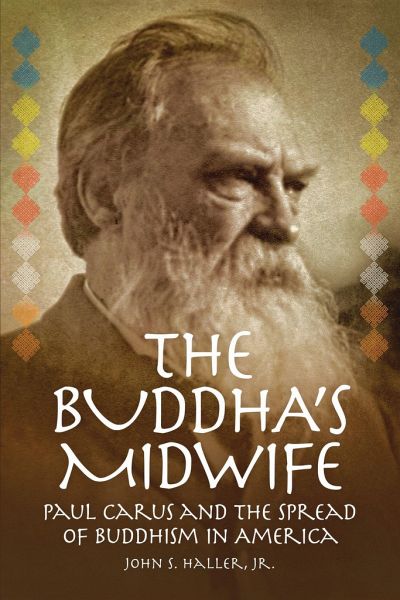
The Buddha's Midwife: Paul Carus and the Spread of Buddhism in America
Versandkostenfrei!
Versandfertig in 2-4 Wochen
30,99 €
inkl. MwSt.

PAYBACK Punkte
15 °P sammeln!
Between the Parliament of Religions which met in Chicago in 1893 at the time of the Columbian Exposition, and World War I, Asian religions and philosophies made a significant impact on the United States, causing a profound change in thinking about them, including their relevance to the present. More so than any other religion, Buddhism became a crutch for those who, in the final decades of the nineteenth century, became disillusioned with Christianity's claim to superiority over all other faiths. Like so many intellectuals at the time, Carus was seeking a path from the older theologies into a ...
Between the Parliament of Religions which met in Chicago in 1893 at the time of the Columbian Exposition, and World War I, Asian religions and philosophies made a significant impact on the United States, causing a profound change in thinking about them, including their relevance to the present. More so than any other religion, Buddhism became a crutch for those who, in the final decades of the nineteenth century, became disillusioned with Christianity's claim to superiority over all other faiths. Like so many intellectuals at the time, Carus was seeking a path from the older theologies into a new secular world and its uncertain future. Through The Buddha's Midwife, Paul Carus not only brought elements of Buddhism to the United States, but much of the Western world. This book was written to recount the journey of one of the principal contributors to the spread of Buddhist thinking in American thought and culture. Now, reissued for the first time since its original publishing, The Buddha's Midwife returns to excite and inspire new audiences.



